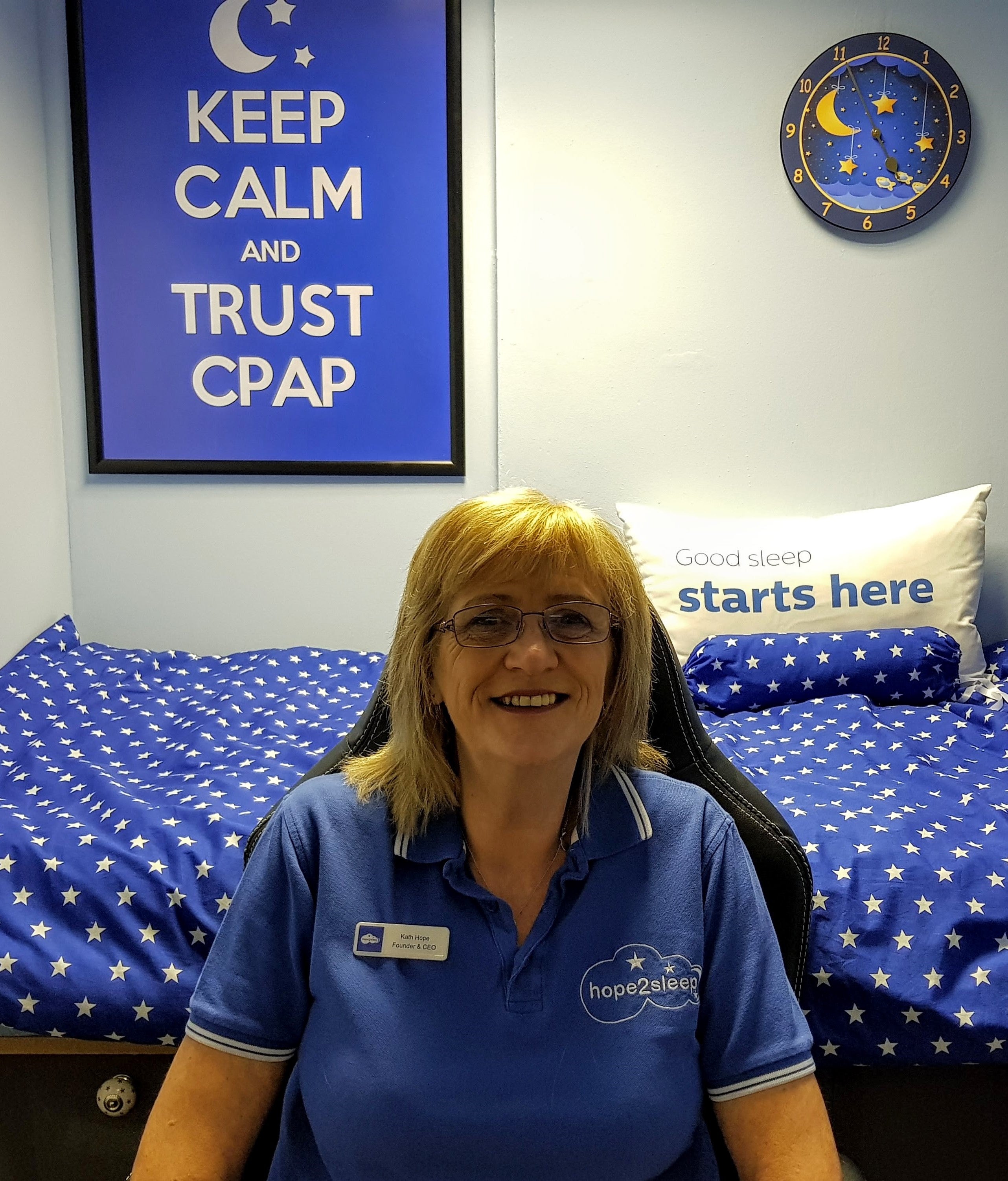Woman ‘forced to switch off life-saving ventilator’ due to soaring energy bills
Switching off the machine leaves sufferers at risk of ‘heart attack’

Your support helps us to tell the story
From reproductive rights to climate change to Big Tech, The Independent is on the ground when the story is developing. Whether it's investigating the financials of Elon Musk's pro-Trump PAC or producing our latest documentary, 'The A Word', which shines a light on the American women fighting for reproductive rights, we know how important it is to parse out the facts from the messaging.
At such a critical moment in US history, we need reporters on the ground. Your donation allows us to keep sending journalists to speak to both sides of the story.
The Independent is trusted by Americans across the entire political spectrum. And unlike many other quality news outlets, we choose not to lock Americans out of our reporting and analysis with paywalls. We believe quality journalism should be available to everyone, paid for by those who can afford it.
Your support makes all the difference.A woman was forced to switch off her life-saving ventilator machine to “make cuts” to her soaring energy bill.
Charity Hope2Sleep revealed sufferers of sleep apnoea who use such machines while they sleep, are fearful of the potential cost of keeping the machines on the entire night.
CPAP machines regulate breathing during sleep by pumping air into a mask to prevent airways from restricting.
There are also non-invasive ventilators, which are more costly to run with most people ineligible for financial support.
Charity founder and CEO Kath Hope said the organisation has been forced to encourage ventilator users to find other ways to cut down on electricity bills as switching it off is a “risk” and the electricity cost of the machines is relatively low.
“The first thing people think with rising energy bills is what can you cut back on,” Ms Hope said. “We want to put the message out there - please do not switch your machine off.

“One lady told us she was using hers only every other night to save money. The problem is, that one day you don't use your machine could be the one which results in a heart attack. Sleep apnoea can be a ticking time bomb because of your heart.”
Obstructive sleep apnoea is a condition affecting an estimated 8 million adults in the UK - as well as one in 30 children - and causes some people who snore to stop breathing in their sleep. Hope2Sleep supports people living with sleep apnoea, providing the equipment needed to manage their condition.
Running a CPAP used to cost approximately £5-a-month according to founder Kath's estimates. But as energy bills rise, it's thought this has risen to around £10-a-month in the past 12 months - an extra £60 a year which some people will struggle to find.
While Ms Hope said the lady in question is now using her ventilator again following the charity’s advice, she said she fears for people who require such machines amid fears of devastating energy costs.
“Not using your machine can lead to higher risk of heart attacks, strokes and driving accidents," said Ms Hope.
“My heart bleeds for people that they are having to face this dilemma. We want people to know that sleep apnoea doesn't have to cost as much to manage as you think.”
Join our commenting forum
Join thought-provoking conversations, follow other Independent readers and see their replies
Comments